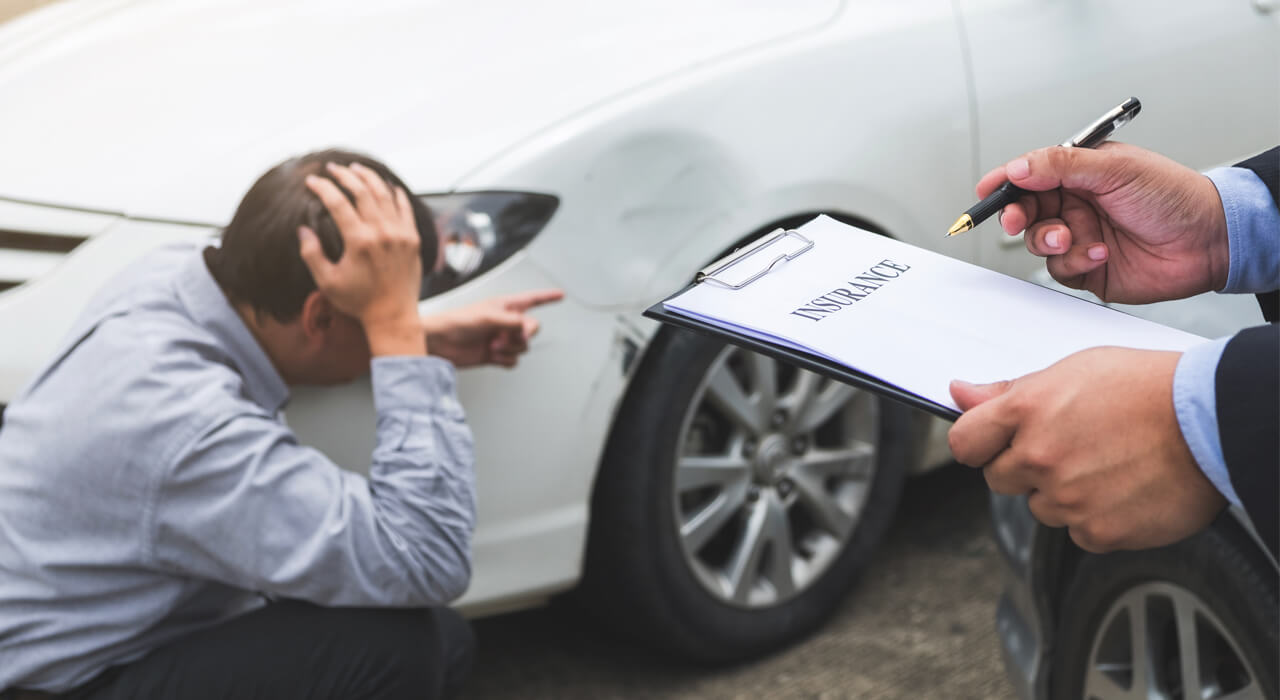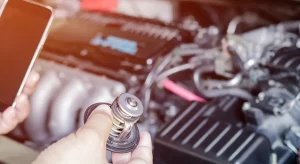When life throws you a curveball like a car collision, it’s easy to feel overwhelmed. You’re not alone. This guide is designed to help you navigate the post-collision challenges.
We’ll walk you through dealing with insurance companies, managing vehicle repairs, addressing potential injuries, and considering legal aspects. You’ll also find tips for managing stress and preparing for future accidents.
Stay with us on this rough road, and we’ll help you find your way to a smoother path ahead.
Understanding the Post-Collision Process
After a collision, it’s essential for you to understand the post-accident process to navigate the challenges that may arise effectively. Don’t be overwhelmed; you’re not alone in this. Your first step should be ensuring everyone’s safety. If anyone’s injured, call an ambulance immediately.
Next, contact the police. They’ll document the incident and provide a report that will be vital when dealing with insurance companies. Don’t forget to exchange insurance and contact information with the other party involved.
It’s also crucial for you to document the scene. Take pictures, jot down notes about the incident, and if there are witnesses, get their contact information. This evidence can be vital later on.
Contact your insurance company as soon as you can to report the accident. They’ll guide you through their specific process. Remember to be honest and provide all the information you have. Any discrepancies can complicate your claim.
Lastly, consider seeking legal advice, especially if there are disputes or if you’ve been injured. An attorney can protect your rights and ensure you’re fairly compensated.
Communicating With Insurance Companies
In dealing with the aftermath of a collision, your communication with insurance companies serves as a critical component of navigating the post-accident process. Like it or not, it’s a conversation you can’t avoid. However, when approached correctly, these interactions can lead to a smoother, less stressful transition back to normalcy.
Your initial goal should be to accurately convey the details of the incident. Here are some key points to remember:
- Don’t embellish or downplay the incident. Present facts as they happened.
- Provide a detailed account of damages and injuries, if any.
- Keep all documentation handy for quick reference.
Suggestion: 2024 Honda Ridgeline Trailsport Price, Features, Trims, & More
Remember, you’re not alone in this process. Miscommunication can lead to misunderstandings or delays in resolving your claim. It’s crucial you’re clear, concise, and patient. They’re there to help guide you through this process, but it’s your responsibility to provide them with accurate information.
Managing Vehicle Repairs
Dealing with vehicle repairs is your next crucial step on the road to recovery after a collision. It’s not an easy process, but with a little knowledge and a lot of patience, you can navigate it successfully.
Start by getting a detailed estimate from the auto repair shop. This will outline all the necessary repairs and their costs. Don’t be afraid to ask questions if you don’t understand something; this is your money and your vehicle we’re talking about.
If your insurance is footing the bill, they’ll probably want to approve the estimate before work begins. Make sure the shop communicates with them and gets the necessary approvals.
Once the repairs start, stay in touch with the shop. Regular updates will help you stay informed about the progress and any unexpected issues that might arise. Remember, it’s okay to ask for explanations if you’re unsure about anything.
Finally, once the repairs are complete, don’t just drive away. Take a moment to inspect the work and ensure everything looks good. If you’re not satisfied, speak up! It’s your right to demand quality work.
Managing vehicle repairs can be stressful, but you’ve got this. After all, you’re not just repairing a car; you’re rebuilding your life.
Handling Potential Injuries
With the vehicle repairs underway, it’s now time to focus on any physical injuries you might’ve sustained in the collision. Car accidents can cause injuries that may not be immediately apparent. Therefore, it’s crucial to pay attention to your body’s signals and seek medical attention promptly.
Also Check: Top 11 Most Compact & Smallest Cars That You Must Try In 2023
There are key steps to consider when dealing with potential injuries:
- Immediate Medical Attention: Don’t underestimate your injuries. Even if you think you’re fine, it’s better to get checked out by a professional. Minor symptoms could indicate a more serious condition.
- Follow-up Care: Stick to your doctor’s treatment plan. This might involve physical therapy, medication, or regular check-ups. Your health is paramount, so don’t skip any appointments.
- Documentation: Keep track of your medical records, prescriptions, and any related expenses. This could be vital if you decide to make a claim later on.
Legal Considerations After a Collision
Having addressed your potential injuries, it’s now crucial to understand the legal implications that might follow your collision. An accident can create a ripple effect of legal consequences that you need to navigate carefully.
Firstly, it’s imperative to report the incident to your insurance company promptly. You’re typically required to do this as quickly as possible, so don’t delay. This report can impact the legal proceedings later on, so ensure you share all facts truthfully.
Secondly, consider contacting Philadelphia auto accident lawyers if the collision was serious. They can guide you through the intricacies of the legal system, helping you understand your rights and obligations. They’ll also ensure you don’t unknowingly waive any of your rights.
Also, be prepared for a possible lawsuit from the other party involved in the incident, especially if they sustained injuries or significant damage to their vehicle. This is where your insurance company and lawyer will be particularly helpful.
Tips for Stress Management
After getting through the legal aftermath, it’s time to buckle down and address the inevitable stress that follows a collision. This can be a tall order, but it’s crucial for your physical and emotional recovery.
Managing stress effectively requires a multi-pronged approach. Here are some strategies to consider:
- Practice mindfulness: This can be as simple as taking a few minutes each day to meditate or focus on your breathing. It’s a proven method to reduce stress and boost mental resilience.
- Stay Active: Regular physical activity is a great stress buster. It doesn’t have to be strenuous – a simple walk around the block can make a difference.
- Reach Out: Don’t hesitate to lean on your support network. Friends, family, or professional counselors can provide invaluable emotional support and perspective.
Remember, it’s normal to feel stressed and overwhelmed after a collision. You’re not alone in this journey, and there are resources available to help you navigate through this challenging time.
Don’t rush your recovery. Take it one day at a time, and give yourself the grace and patience you need to heal.
Preparing for Future Accidents
Moving forward from the stress of a collision, you must be prepping yourself to prevent future accidents. Accidents can happen to anyone, but with careful planning and attentiveness, you can significantly reduce your risk.
Start by investing in regular vehicle maintenance. Ensuring your car’s brakes, tires, and lights are in top-notch condition can decrease the likelihood of accidents. It’s a simple step, but one that’s often overlooked.
Next, prioritize defensive driving. This means staying vigilant, anticipating potential dangers, and keeping a safe distance from other vehicles. It’s all about being proactive rather than reactive on the road. Consider joining a driver’s safety course. They’re not just for new drivers – seasoned drivers can also benefit from refreshing their skills and knowledge. Plus, some insurance companies offer discounts for course completion.
Lastly, don’t underestimate the power of rest. Drowsy driving is dangerous, so ensure you’re well-rested before hitting the road. If you’re tired, pull over for a quick nap or switch drivers if possible.
Accidents are stressful, but with some foresight and preparation, you can equip yourself to handle any road bumps that come your way.
Conclusion
Navigating post-collision challenges can feel like steering through a storm. But remember, you’re not alone. With the right understanding, communication, and preparation, you can weather this tempest.
Keep your head up, manage stress wisely, and never underestimate the importance of legal and insurance considerations. Most importantly, care for your well-being. The road ahead may be rocky, but with resilience and knowledge, you’ll steer yourself to safer shores.





